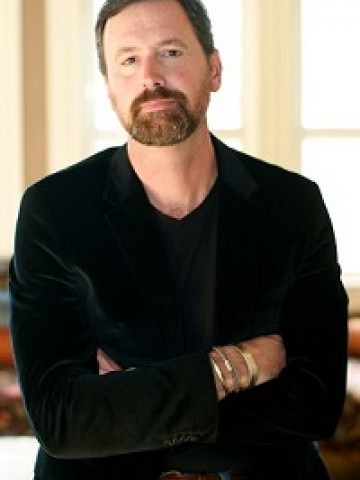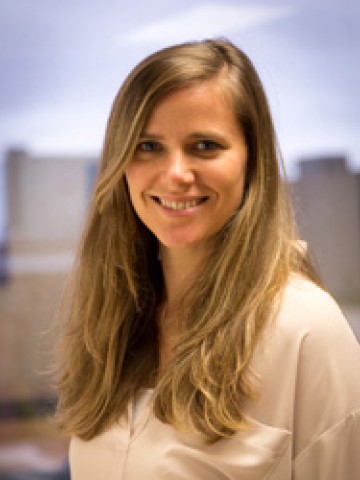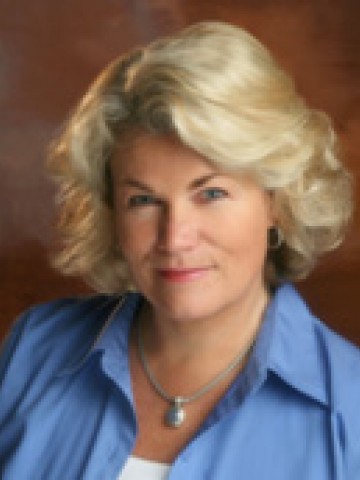Filter results by:
Civic Engagement & Public Policy
September 2015 |
Sen. Charles Grassley, an Iowa Republican and Senate Judiciary Committee chairman who has been a vocal advocate of nonprofit transparency, recently spoke with The Chronicle of Philanthropy about mandatory payments or deadlines for donor-advised funds — which he fears could have a chilling effect on charitable giving — and guidelines for nonprofit executive pay.
September 1, 2015
10:00am to 11:30am
PDT Seattle + Webinar
Legal help can often mean the difference between shelter and homelessness, illness and health, and loss or opportunity. Yet everyday millions of Americans cannot access the legal assistance they need when facing life-changing situations such as domestic violence, unlawful evictions, or the loss of veterans’, health or disability benefits. Please join Philanthropy Northwest and leaders from the Montana Justice Foundation, The California Endowment, and the Public Welfare Foundation for a conversation exploring the role civil legal aid can play to complement your existing funding portfolio.
September 2015 |
Jason A. Atkinson, Filmmaker and Former Oregon State Senator | Nearly 300 miles long, flowing from southern Oregon to northern California, the Klamath River has been a source of conflict between conservationists, tribes, farmers, fishermen, and state and federal agencies for generations. My new film, with support from the M.J. Murdock Charitable Trust and other Pacific Northwest funders, examines this complicated history and documents the largest river restoration project in U.S. history. This unique case of collaboration, in a place most Americans can't find on a map, is a prime example for the rest of the country to follow.

August 2015 |
Kristen Holway, Senior Manager, Learning Practice | Philanthropy Northwest and Dr. Lori Pfingst of the Washington State Budget & Policy Center recently hosted a discussion about Washington's budget and the progress the state is making towards creating a prosperous future for all. A new report from the Washington Budget & Policy Center maps six areas: economic security, education, healthy people and a healthy environment, community development and trust, good jobs, and revenue generation. An overarching theme is that people of color are being left behind, and we emerged with four ideas on how funders can accelerate progress.

August 2015 |
Advocacy is becoming an increasingly important part of our work in the nonprofit and philanthropy sectors. Campion Foundation Trustee Sonya Campion, a Philanthropy Northwest member and one of four Pacific Northwest nonprofit leaders on the 2015 Nonprofit Times Power & Influence List, has issued a call to action in The Chronicle of Philanthropy for nonprofit board members to embrace this new role — as she has done through the Stand for Your Mission campaign and her foundation's policy work.

August 2015 |
Richard Kessler, Mannes School of Music, The New School | A new report, Foundation Funding for Arts Education: An Update on Foundation Trends, examines the Foundation Center’s data sets of grants of $10,000 or more awarded to organizations by one thousand of the largest U.S. foundations from 1999 to 2012. It is clear from the report overall that advocacy and policy are lagging well behind. But if programmatic work cannot achieve equitable access to quality arts education, then the challenge to the field is substantial. Some of the reasons why this area has been slow to emerge have to do with concerns around concrete results, confusion around what is allowed by law, and a general fear of conflict.
July 2015 |
Kristen Holway, Senior Manager, Learning Practice | Knowing that nearly half of all low-income Montanans experience at least one civil legal problem each year that goes unaddressed, the Montana Access to Justice Commission, with support from Philanthropy Northwest member Montana Justice Foundation, conducted a study to better understand the gaps and barriers to civil legal aid access. Their findings have implications for funders across all states and all sectors — and have us asking ourselves whether there is a need for broader conversation.